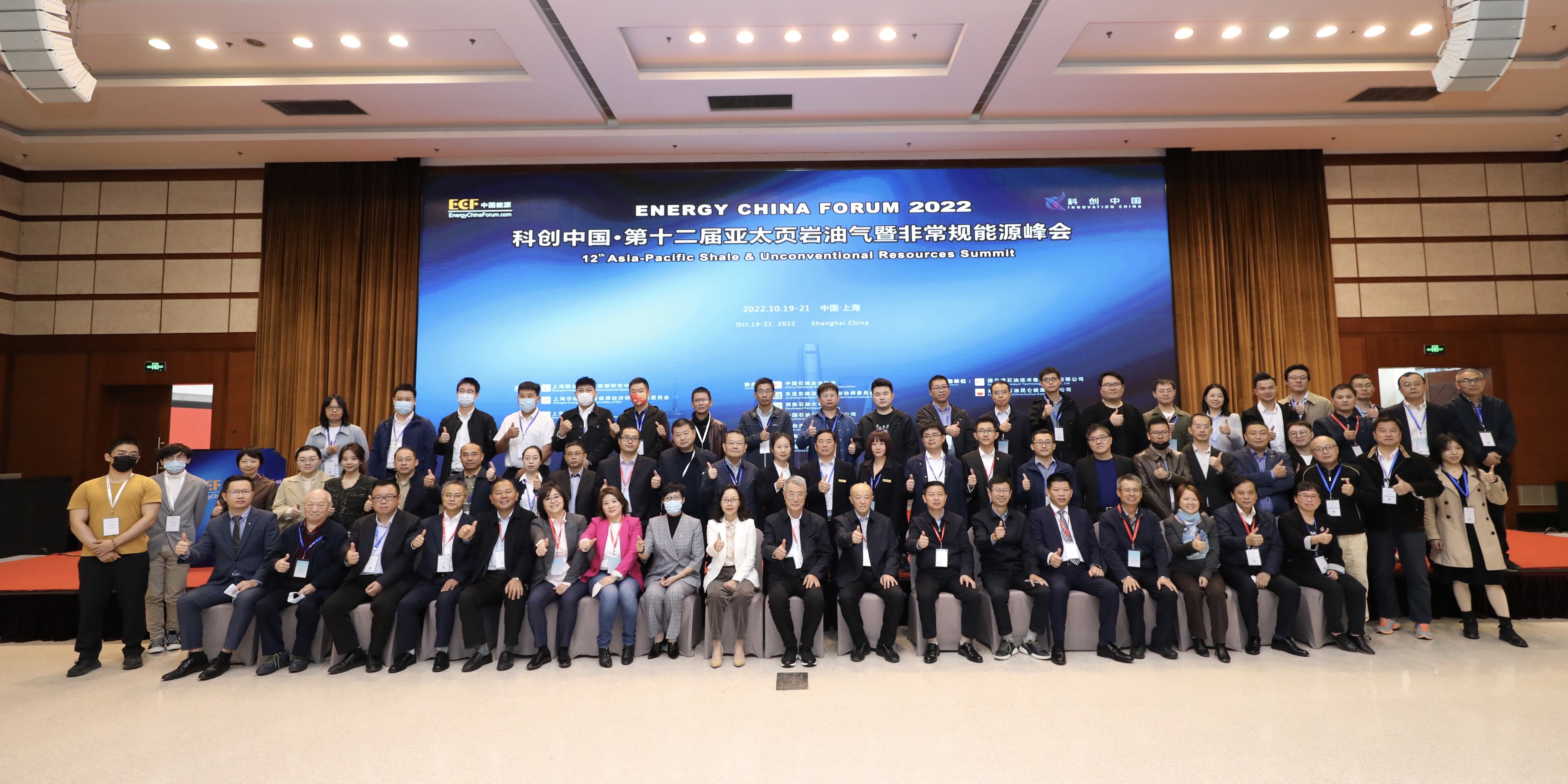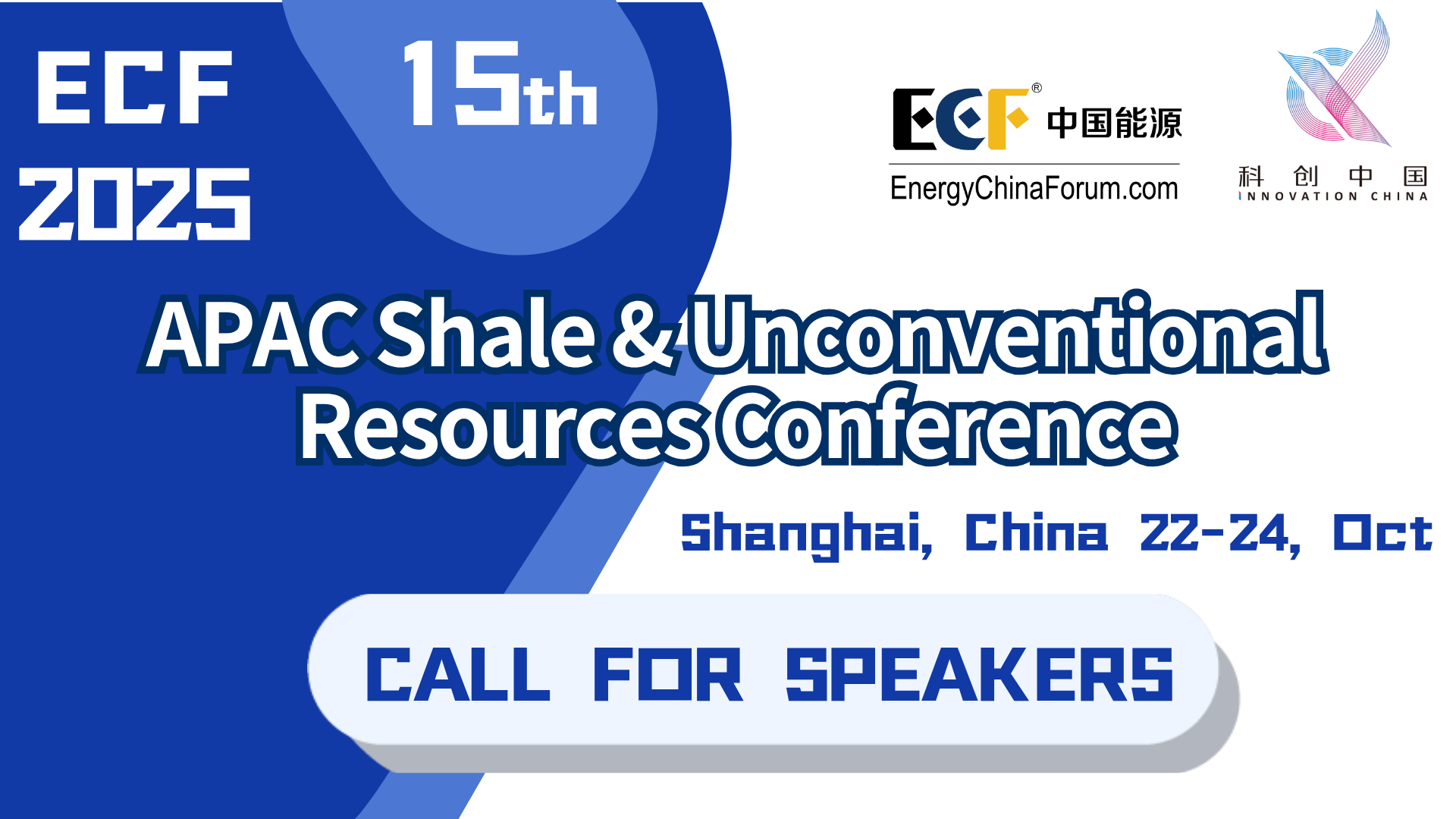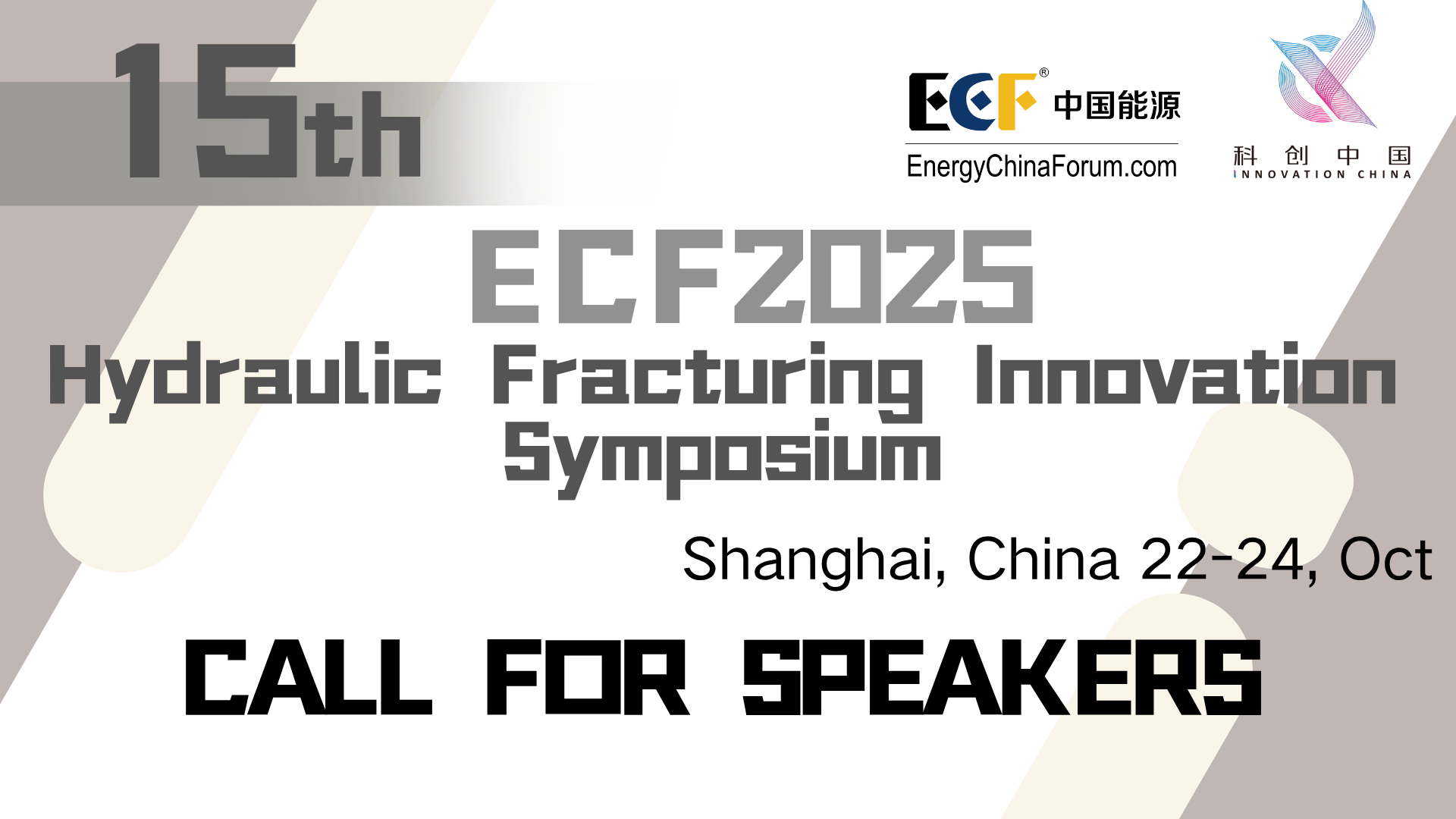Home
News, Data & Reports
Industry News
Academicians Visit National Engineering Research Center to Boost Coalbed Methane Innovation
Academicians Visit National Engineering Research Center to Boost Coalbed Methane Innovation
Log in or register to continue reading this article,Log in
Disclaimer: The above content was edited by Energy China Forum (www.energychinaforum.com), please contact ECF before reproduce.
Related News




